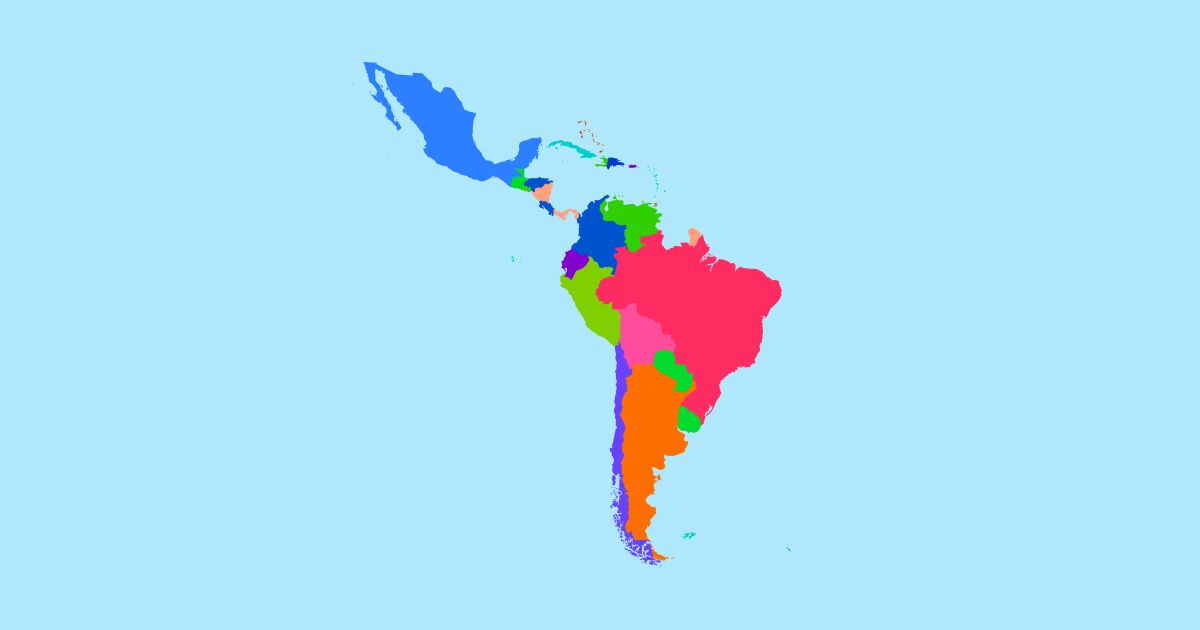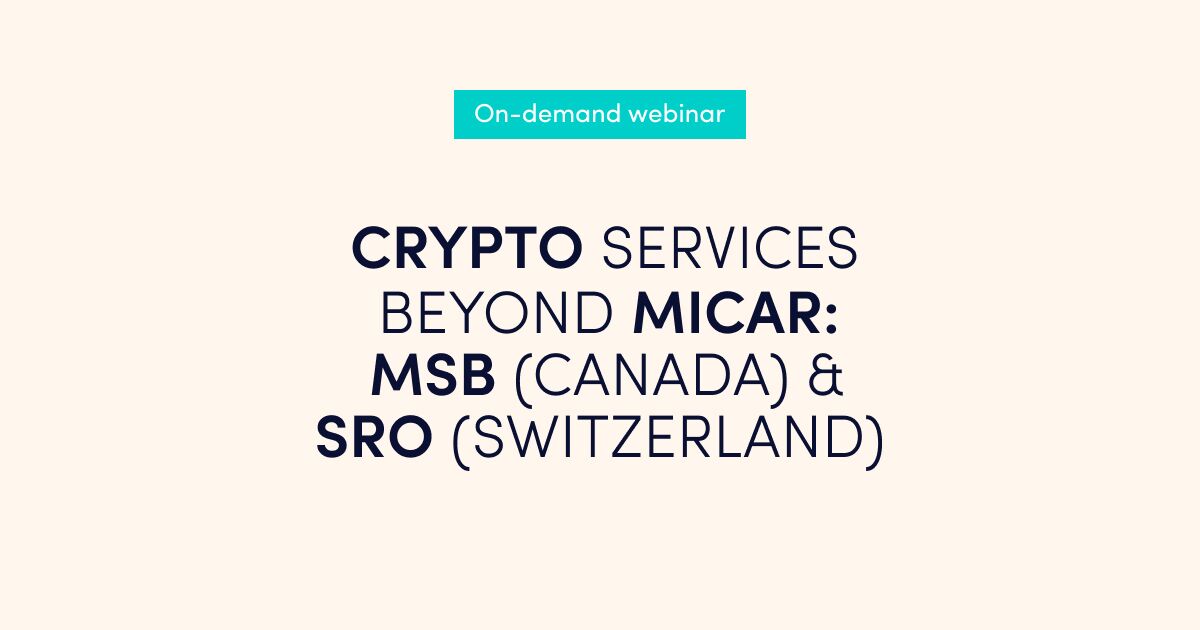In recent years, Money Service Businesses (MSBs) in Canada have garnered significant attention. The growing popularity of Canadian MSB is driven by various factors, making them an attractive option for serving clients globally. However, beneath the surface, potential operators must navigate challenges and upcoming regulatory changes.
This article delves into the reasons behind the rise of Canadian MSBs, evaluating their suitability for international clientele and exploring the intricacies of launching payment infrastructure and operations. Additionally, it sheds light on the future of Canadian MSBs in the context of imminent regulatory changes set to take effect this year.
Why are Canadian MSBs gaining popularity?
1. Faster and Easier Licensing Process
One primary challenge in other regions is obtaining financial services licenses, which stringent regulatory demands or underdeveloped regulatory frameworks can complicate.
For instance, acquiring an EMI/PI license within the EEA entails a lengthy procedure, making it a viable option only for companies with substantial teams and budgets. From the beginning to the actual launch, it can take more than a year and a half or two years. Regulators carefully assess teams, budgets, and products to ensure licenses are granted to reputable companies.
In contrast, registering as a Money Services Business (MSB) in Canada is more streamlined and formal. Regulators evaluate whether the applicant company meets all the necessary requirements.
On the other hand, many countries, such as those in Africa and Latin America, struggle with underdeveloped regulatory frameworks, resulting in unclear processes and sometimes an inability to obtain specific licenses.
2. Fewer Requirements for Personnel and No Initial Capital Requirements
The management requirements for obtaining an MSB license greatly influence the final costs of the licensing process and can make finding the appropriate personnel very difficult.
For a Canadian MSB license, you must have at least one director and a compliance officer at the registration stage. While there are no residency requirements for either role, it is recommended that the compliance officer reside in Canada and have experience in the Canadian MSB industry or relevant education.
In contrast, European or UK e-money or payment institutions have more stringent personnel requirements. The required employees vary by jurisdiction, from 2-3 local employees in Spain to 9-10 in Ireland. Regardless of the country, before starting operations in the EEA, you need a team covering general management, operations, compliance, AML, risk management, finance, IT, and internal audit.
Another important aspect is initial capital. Canadian MSBs do not have minimum capital requirements, which allows start-ups and self-funded companies to start their payment business without high barriers. In EEA countries, the initial capital requirements range from €125,000 to €350,000, depending on the company’s type (EMI or PI). Additionally, depending on the growth plan, regulators may sometimes require an increase in the initial capital amount by 2-3 times.
3. The Broader Range of Services
MSBs offer a wider range of services, including activities restricted within EEA-UK EMI/PI licenses, such as crypto activities and crowdfunding. They can provide one or more of the following services to the public:
- Foreign exchange dealing
- Remitting or transmitting funds
- Issuing or redeeming money orders or similar negotiable instruments
- Dealing with virtual currency (custody of crypto funds requires separate permission from the Securities Commission)
- Crowdfunding platform services
- Payment services
Are Canadian MSBs a good option for serving clients worldwide?
Canadian MSBs can offer services within Canada, their registered location. Additionally, these companies can onboard clients from other jurisdictions if the customers are acquired through reversed solicitation.
MSBs face no restrictions in providing services to customers who naturally discover their website or app or to customers acquired through channels that do not trigger licensing obligations in jurisdictions where such clients reside. Overall, the Canadian regulatory environment is relatively relaxed when dealing with clients outside Canada.
Furthermore, MSBs demonstrate versatility in catering to diverse client bases across various industries, including high-risk clients. This includes industries such as pharmaceuticals, adult entertainment, and others categorised as high-risk by EEA regulators, which face challenges in obtaining licenses within the EEA-UK region.

What about launching the payment infrastructure and operations?
Developing payment infrastructure in Canada and Europe differs in nuances and the choice of specific partners for implementing payment transactions.
The EEA and the UK offer a more mature ecosystem with over 30 BaaS providers and numerous fintech-friendly banks, often including mainstream banks or companies with significant venture capital funding.
In contrast, the Canadian ecosystem is different. The relatively small market (approximately 40 million people) and the reluctance of mainstream banks to work with MSBs—due to the straightforward registration procedure and the relatively passive position of the regulator—lead Canadian MSBs to seek partnerships with small local banks and credit unions. These smaller institutions are often poorly automated and lack the developed APIs customary for European FinTech companies.
However, multiple providers around the world, including those in Europe and the UK, are ready to support Canadian MSBs by opening client funds accounts to facilitate local and international transactions.
What’s the future of Canadian MSB in light of regulatory changes coming this year?
The Retail Payment Activities Act (RPAA) is a new legislative framework in Canada designed to enhance the oversight and regulation of retail payment activities. Under the RPAA, MSBs that are also payment service providers (PSPs) must register with the Bank of Canada by November 2024 to ensure operational and risk management standards compliance. This registration aims to promote the safety and efficiency of retail payment systems, protecting end users from potential risks associated with payment services.
The Act mandates that PSPs adhere to stringent requirements for safeguarding user funds, managing operational risks, reporting significant incidents, and fostering a secure and reliable payment ecosystem. While FINTRAC, the current regulatory body, will remain in place, the Bank of Canada will assume the role of a secondary watchdog, focusing on the risks associated with handling client funds.
Although the new registration imposes additional requirements on MSBs, it is expected to strengthen the credibility of Canada-based Fintech companies and enhance their global recognition.

If you’re planning to start a payment, e-money, remittance, crypto, or any other money services business and are considering an MSB option, we can help. Contact us to schedule a call with our MSB team and discuss your project in detail.









